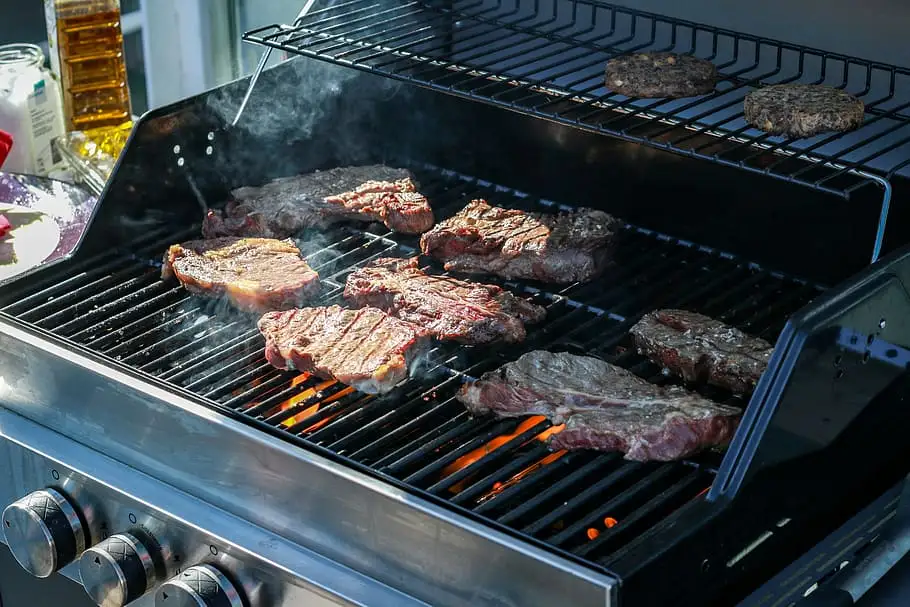Unraveling the Connection: Can a Dry Scalp Cause Hair Loss?
Introduction
The concern over hair loss is a universal one. Many factors contribute to hair thinning and balding, but have you ever wondered if a dry scalp can cause hair loss? In this article, we will delve into this topic, shedding light on the connection between a dry scalp and hair loss. We will also provide insights into the causes and effective solutions to address this concern.
The Link between Dry Scalp and Hair Loss
A dry scalp is a condition characterized by the lack of sufficient moisture on the scalp. It can lead to itching, flakiness, and discomfort. Can a dry scalp cause hair loss? While dry scalp itself is not a direct cause of hair loss, it can indirectly contribute to it. Here’s how:
Scalp Health and Hair Follicles
Your scalp plays a crucial role in the health of your hair. When your scalp is dry, it can become irritated and inflamed. This inflammation can weaken the hair follicles, making them more susceptible to damage and hair loss. The constant itching and discomfort caused by dry scalp can also lead to hair breakage, exacerbating the issue.
Dandruff and Hair Loss
One common symptom of a dry scalp is dandruff, those pesky white flakes that often appear on your shoulders. Dandruff is essentially dead skin cells that have flaked off your scalp. If left untreated, dandruff can accumulate and block hair follicles, leading to hair thinning and loss.
Decreased Hair Strength
When your scalp lacks moisture, your hair becomes dry and brittle as well. Dry hair is more prone to breakage, especially during grooming or styling. Over time, this can result in noticeable hair thinning and, in severe cases, hair loss.
Causes of Dry Scalp
Understanding the causes of dry scalp is essential to address the issue effectively. Some common factors that can lead to a dry scalp include:
Weather Conditions: Extreme weather, including cold, dry winters and hot, sunny summers, can sap moisture from your scalp.
Harsh Hair Care Products: The use of shampoos and conditioners with strong chemicals can strip the natural oils from your scalp.
Overwashing: Frequent washing of your hair can remove the protective oils that keep your scalp moisturized.
Skin Conditions: Conditions like psoriasis and eczema can lead to dry scalp and exacerbate hair loss.
Diet and Hydration: A poor diet and inadequate water intake can affect the overall health of your skin, including your scalp.
Solutions for Dry Scalp-Related Hair Loss
If you suspect that your dry scalp is contributing to hair loss, there are several steps you can take to address the issue:
Use a Gentle Shampoo: Opt for a mild, sulfate-free shampoo that won’t further dry out your scalp.
Moisturize Your Scalp: Consider using a moisturizing conditioner and applying natural oils like coconut or argan oil to your scalp to keep it hydrated.
Avoid Hot Water: Hot water can be harsh on your scalp. Use lukewarm water for washing your hair to prevent excessive drying.
Dietary Changes: Ensure you’re consuming a balanced diet rich in essential nutrients like vitamins and omega-3 fatty acids that promote scalp and hair health.
Manage Stress: High-stress levels can exacerbate dry scalp conditions. Practicing stress-reduction techniques like yoga or meditation can help.
Consult a Dermatologist: If your dry scalp persists or worsens, consult a dermatologist for professional guidance and treatment options.
Conclusion
While a dry scalp itself is not a direct cause of hair loss, it can contribute to the problem indirectly. The key is to maintain a healthy scalp, as it provides the foundation for strong, lustrous hair. By understanding the link between a dry scalp and hair loss and taking proactive steps to address the issue, you can maintain a vibrant, healthy mane. Remember that consistent care and attention to your scalp’s moisture balance can make a significant difference in the overall health and appearance of your hair.





